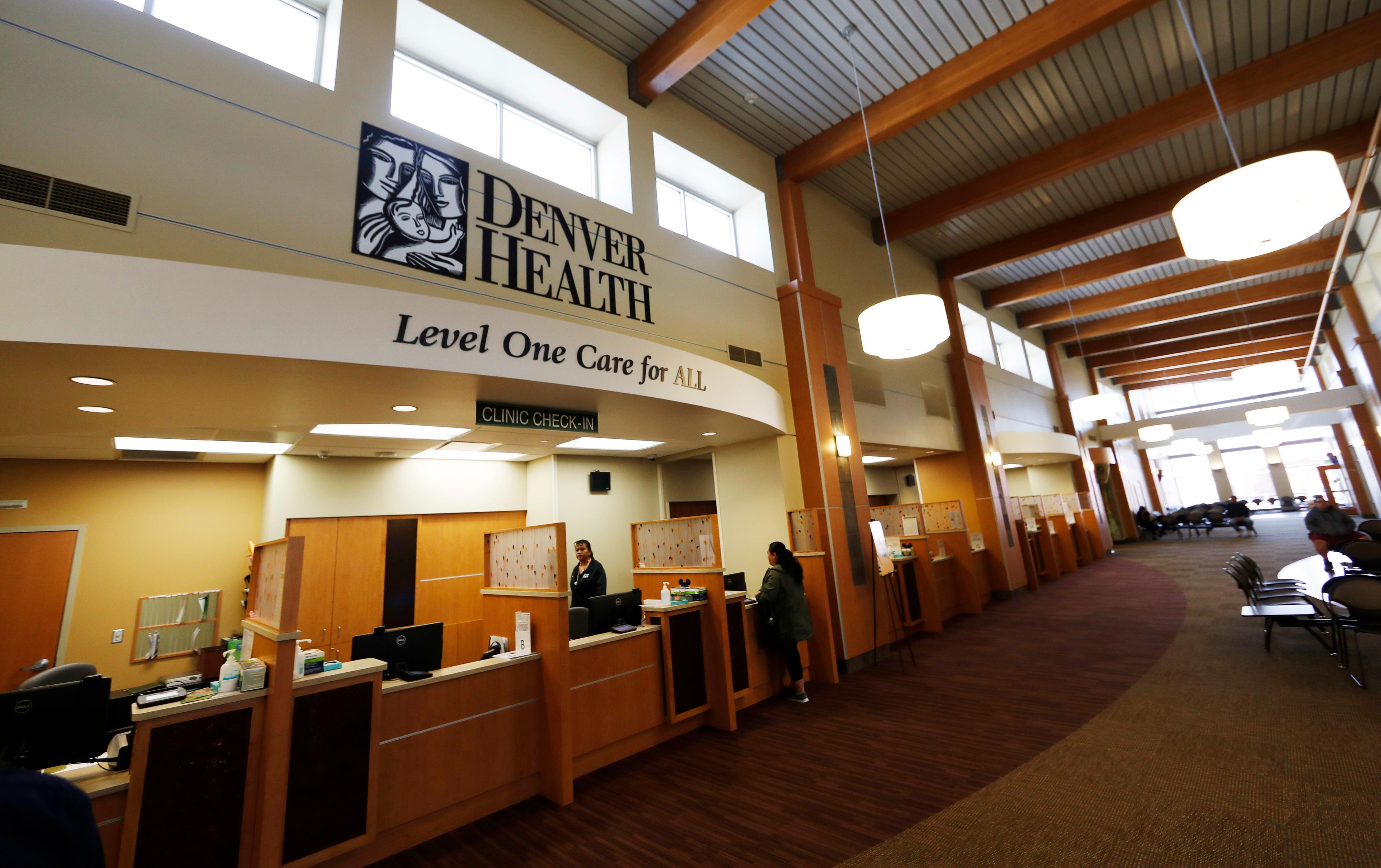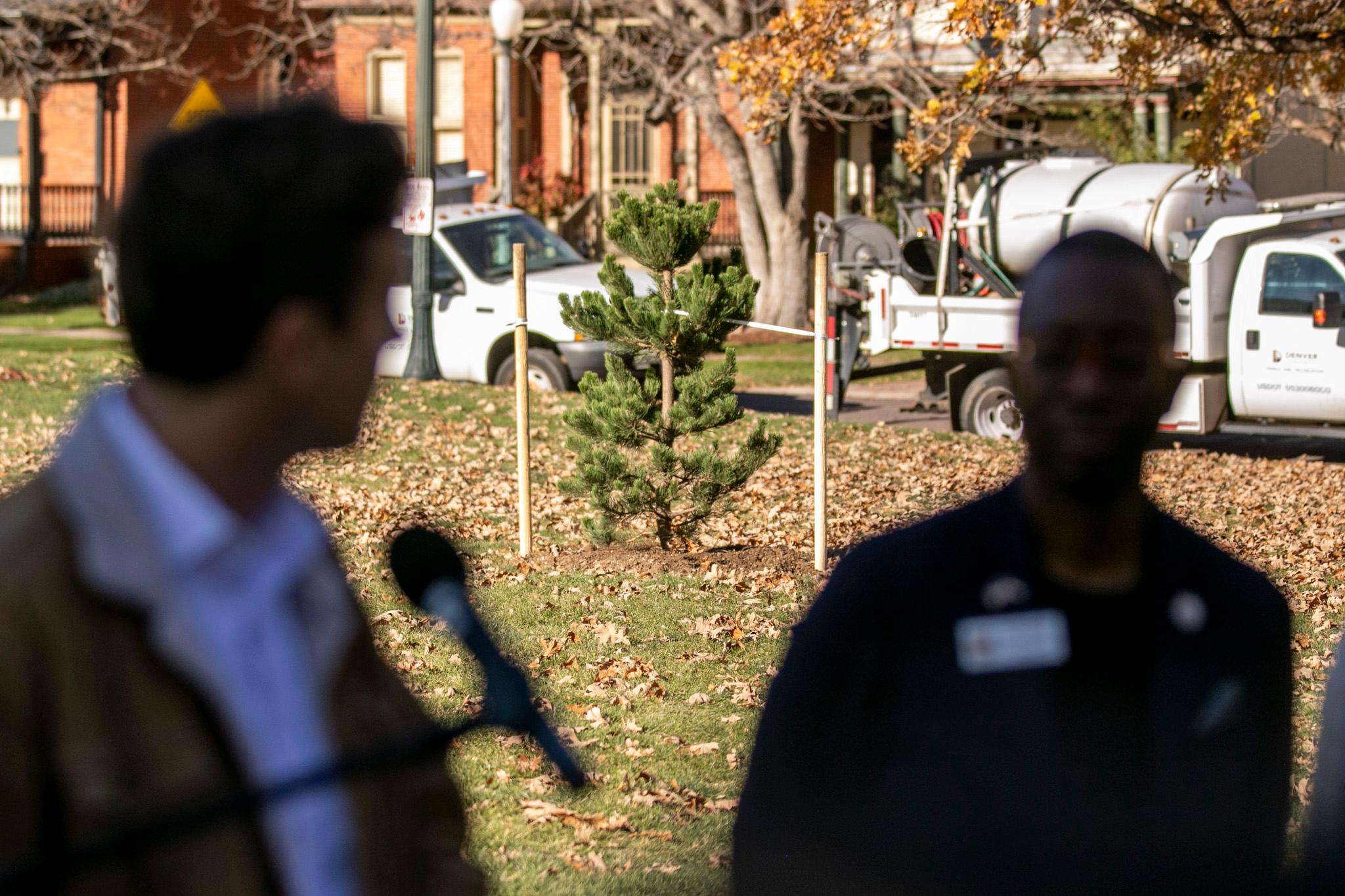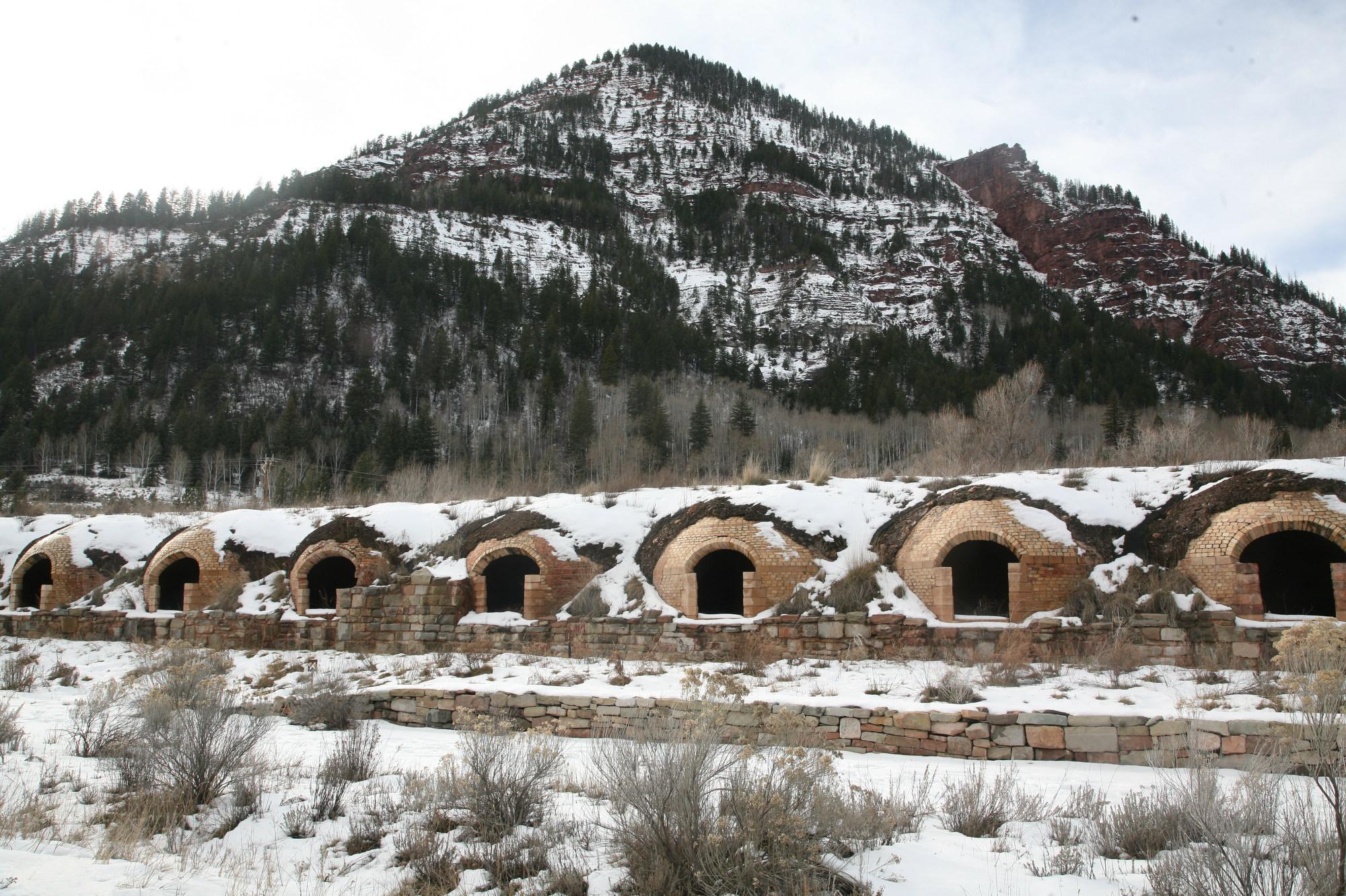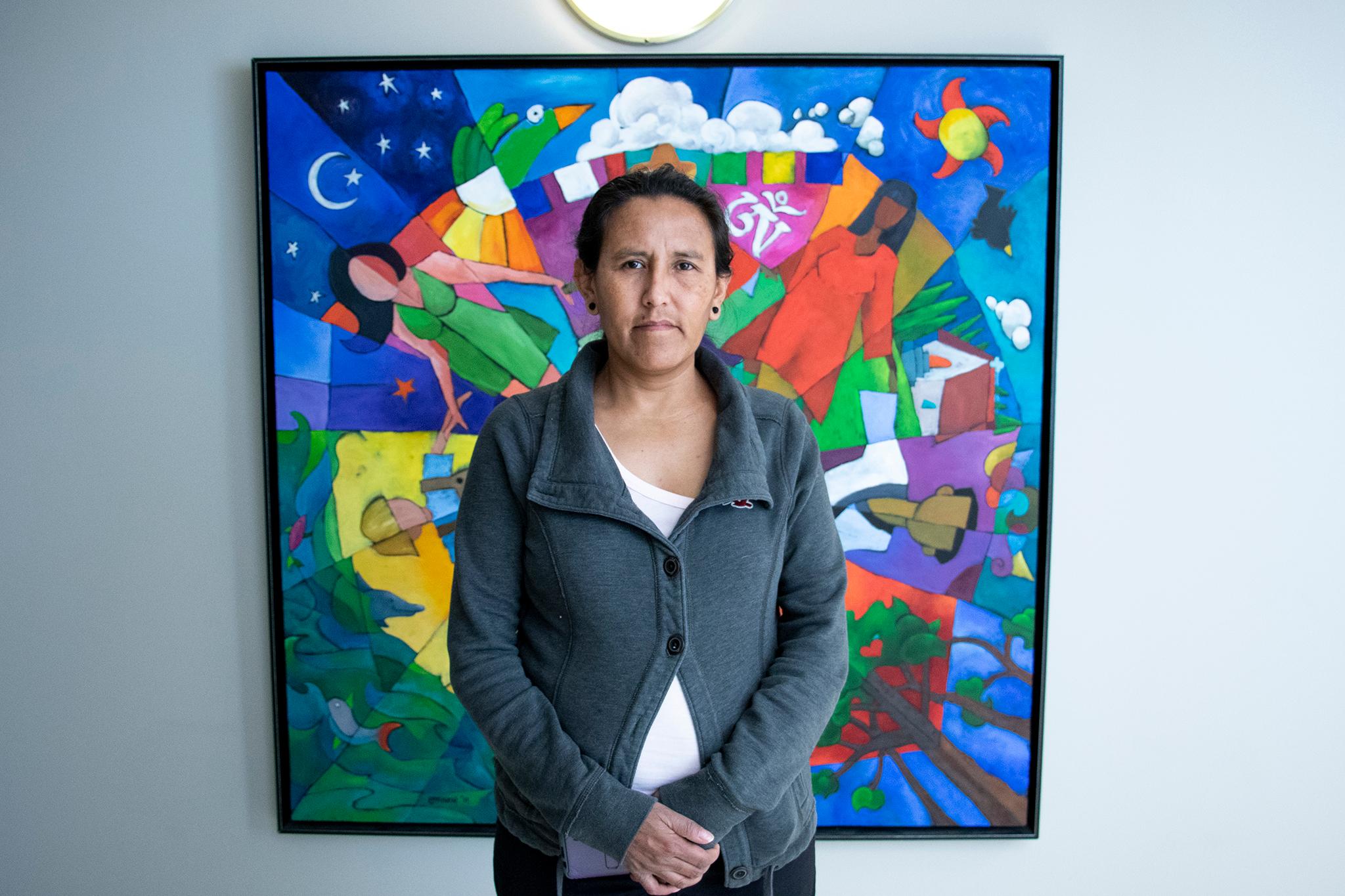
The percentage of Coloradans with health insurance is holding steady, in spite of efforts by the Trump administration to whittle away at the Affordable Care Act.
New survey results released by the Colorado Health Institute show the state’s uninsured rate of 6.5 percent has remained unchanged over the last four years. Even so, Jeff Bontrager, CHI’s director of research and evaluation, said, "It seems like we're losing ground, even despite the improved economy."
Concerns are rising though that health care is becoming more unaffordable and hard to access for many Coloradans. For example, the report, entitled “Progress in Peril,” found nearly one in five had trouble paying medical bills in the past year — the most since the Affordable Care Act took effect in 2014.
Warning signs are growing and CHI’s analysts said Colorado’s uninsured rate could creep up again.
“If there would be an economic downturn in the future, we’d want to look at that really closely to see if more people go without health insurance,” Bontrager said.
CHI CEO Michele Lueck said the fact that they’re “seeing upticks in (uninsured) kids is concerning, we’re seeing upticks in (uninsured) 30-somethings now.”
The growing unaffordability is lending momentum to the “public and private initiatives” including some from state leaders like a public option, reinsurance and Gov. Jared Polis’ Office of Saving People Money on Health Care, Lueck pointed out.
The U.S Census Bureau just reported the first annual increase in the national uninsured rate in nearly a decade. Trump administration efforts to erode provisions of Obamacare are at least partly to blame according to experts. That includes new rules encouraging people to enroll in cheaper health plans that might not meet standards established by the ACA, including protections for preexisting conditions. Also, the administration scaled back on advertising and health insurance enrollment assistance.
A statement from Adam Fox, the Colorado Consumer Health Initiative's director of strategic engagement, said this isn’t the time to “rest on the ACA’s laurels.”
“We shouldn’t kid ourselves; there’s some bad news beneath the banner headlines,” he said. “There’s a lot to be done to make insurance affordable for the many Coloradans who have been left behind.”
"Coverage is worthless if one cannot get care," said Linda Gorman, Director of Health Care Policy at the Independence Institute. "Obamacare has reduced the individual market to rubble. Competition is nil, networks are narrow, and plan choices are minimal. People are responding by leaving, and the state and federal governments are wasting a lot of money on inefficient subsidies."
Another striking finding from the 2019 survey: nearly 14 percent, one in seven Coloradans said they've needed mental health treatment but didn't get it. That's nearly double the rate from two years ago. Lueck said cost, stigma and access contribute to that and “we're doing worse in all of those areas."
Cost of treatment was commonly cited as a barrier. Roughly a third said they didn't feel comfortable talking about personal problems or were concerned about someone finding out they had a problem.
The survey also reveals that a lot of people are touched by substance use problems. One in eight adult Coloradans said that they, a loved one or a close friend have been addicted to prescription painkillers or heroin. Five percent know someone who died from a painkiller or heroin overdose. A quarter have been, or know someone who has been, addicted to alcohol or other drugs.
"This is really suggestive that we're really reaching a tipping point in terms of awareness," Lueck said.
The report also found more than 20 percent of Coloradans see opioid addiction as a major problem in their community. In some parts of the state, like southeast Colorado, upwards of half of the residents see it as a major problem.
You can read the report here.
Editor's Note: An earlier version of this story misidentified the organization Adam Fox works for. He's with the Colorado Consumer Health Initiative. It's also been updated with additional comment from the Independence Institute.









